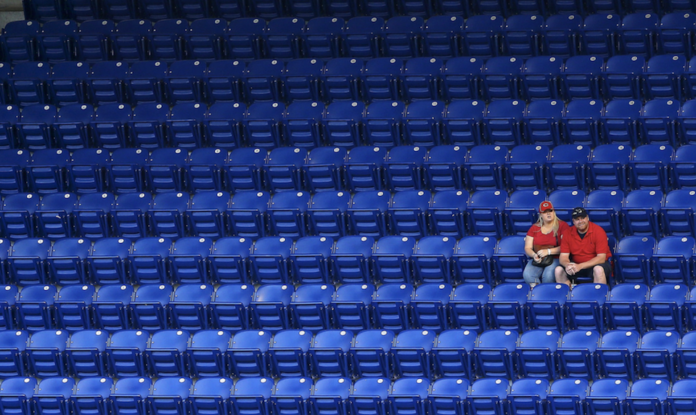- The ruling could affect billions in insurance costs and millions of policies, setting a significant precedent for COVID-19 related claims.
- The court confirmed that COVID-19 does not constitute “direct physical loss or damage” under California law, impacting how businesses can claim pandemic-related losses.
- This decision clarifies the limits of commercial property insurance in pandemic situations, leaving many businesses without coverage for their losses
By Samuel A. Lopez, USA Herald
[CALIFORNIA] – In a landmark decision with profound implications for the insurance industry, the California Supreme Court has ruled that COVID-19 does not constitute “direct physical loss or damage” to property under state law. This ruling, which could affect billions in insurance costs and millions of policies, leaves many businesses struggling to recoup their pandemic-related losses.
The case in question, Another Planet Entertainment, LLC v. Vigilant Insurance Co., centered on whether the presence of the COVID-19 virus on an insured’s premises could be considered a direct physical loss or damage to property. Another Planet Entertainment, a concert promoter, argued that the virus physically altered and damaged its properties, thereby triggering coverage under their commercial property insurance policy. However, the justices disagreed, stating that the mere presence of the virus does not meet the threshold for physical damage required to claim insurance benefits.
- Direct Physical Loss or Damage: Under California law, this requires a distinct, demonstrable, physical alteration to property. It must result in some injury to or impairment of the property.
- Civil Authority Coverage: This refers to insurance that covers loss of business income when a civil authority prohibits access to the insured’s property due to physical damage to nearby property.
The court emphasized that for an insurance claim to be valid under the “direct physical loss or damage” clause, there must be a tangible alteration to the property. They stated, “The mere fact that a property cannot be used as intended is insufficient on its own to establish direct physical loss to property.”
This decision stems from a request by the US Court of Appeals for the Ninth Circuit, which sought clarification from the California Supreme Court. The federal trial judge had previously dismissed Another Planet’s claims of contractual breach, bad faith, and fraud, leading to this pivotal appeal.
As we navigate the aftermath of the COVID-19 pandemic, it is crucial for businesses to understand the limitations of their insurance policies. This ruling underscore the importance of clear policy language and the necessity for businesses to seek comprehensive coverage that explicitly addresses pandemic-related risks.
The decision has significant implications for businesses across California, many of which have suffered substantial financial losses due to government-ordered shutdowns. Planet Entertainment, like many other companies, had hoped to recover some of these losses through their insurance policies. However, this ruling makes it clear that without a distinct physical alteration to property, such claims will not be successful.
The ruling also highlights a critical gap in commercial property insurance policies, as they were generally not designed to cover losses stemming from a global pandemic. This has led to increased scrutiny and calls for policy revisions to better protect businesses in the future.
As we move forward, it is crucial for businesses to seek legal counsel to navigate these complex insurance landscapes and for policymakers to address the gaps exposed by this unprecedented situation. The ruling not only impacts immediate claims but also shapes the future of insurance policy structures and the protection they offer against unforeseen events.
To stay updated on this case and similar legal news, follow my articles on the USA Herald here.






